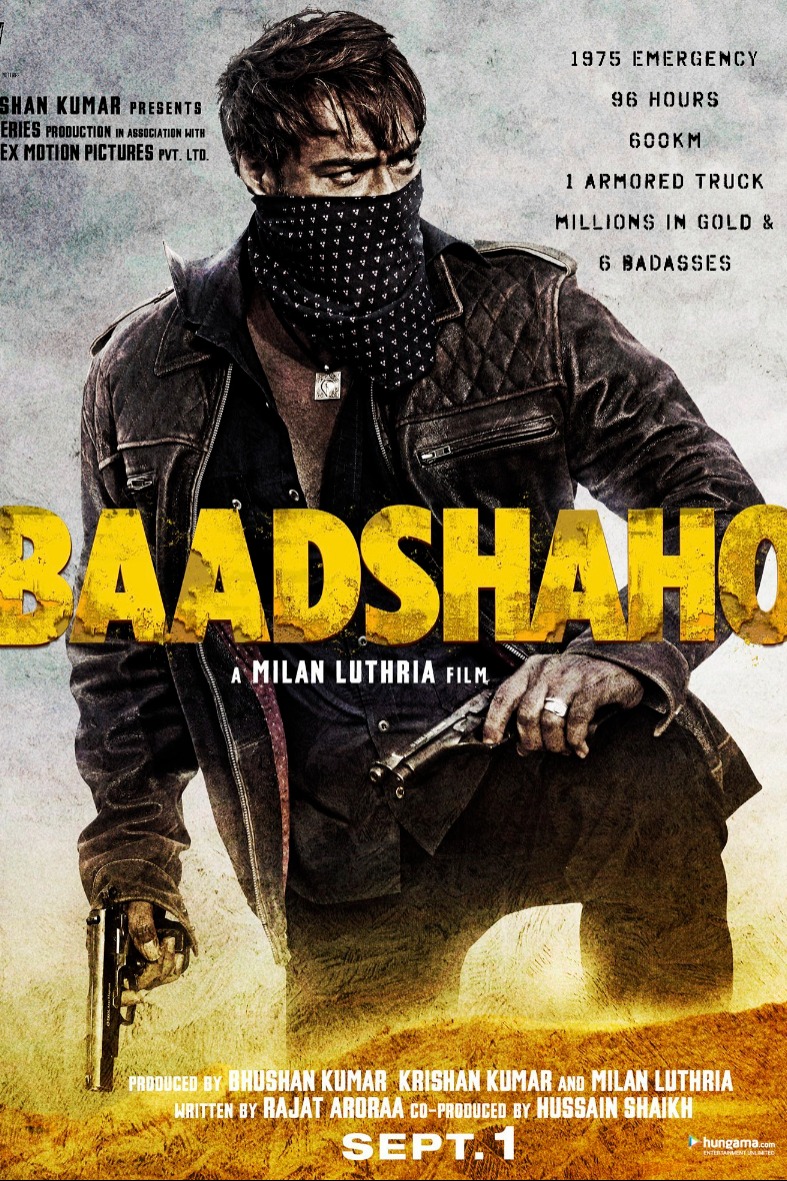Nusrat Fateh Ali Khan
Biography
Nusrat Fateh Ali Khan, born Pervez Fateh Ali Khan on October 13, 1948, in Faisalabad, West Punjab (present-day Pakistan), was a legendary Pakistani singer, primarily renowned for his mastery of Qawwali, a form of Sufi devotional music. Often hailed as "Shahenshah-e-Qawwali" (the King of Kings of Qawwali), his powerful, emotive voice and incredible improvisational skills captivated audiences worldwide, transcending cultural and linguistic barriers.
Biography and Early Life:
Nusrat was born into a family with a rich and ancient tradition of Qawwali, tracing their musical lineage back nearly 600 years. His father, Fateh Ali Khan, was a musicologist, vocalist, instrumentalist, and Qawwal himself. While his father initially desired Nusrat to pursue a more conventional career, Nusrat's innate aptitude and profound interest in Qawwali ultimately led him to embrace the family vocation.
He began his musical training at a young age, initially learning to play the tabla and then delving into the intricacies of Raag Vidya and Bol Bandish, before mastering the classical framework of khayal. After his father's passing in 1964, Nusrat, at the tender age of 16, took over as the head of the family's Qawwali party. His first public performance as a Qawwal was at his father's chehlum (40th-day observance).
Career Highlights and Musical Innovations:
Nusrat Fateh Ali Khan's career truly blossomed in the 1970s and 1980s. He was signed by Oriental Star Agencies (OSA) in Birmingham, UK, in the early 1980s, which played a pivotal role in his international exposure. His performances were characterized by a unique blend of traditional Qawwali with innovative elements, including intricate rhythms, complex melodic structures, and scat-like improvisations, which breathed new life into the ancient art form. He possessed an extraordinary vocal range and stamina, often performing with intense energy for several hours.
He toured extensively across Europe, North America, and Asia, introducing Sufi music to a global audience. His concerts, particularly his 1985 performance at the WOMAD (World of Music, Arts and Dance) festival in London, are considered iconic and instrumental in establishing his international reputation.
Global Recognition and Collaborations:
Nusrat's willingness to experiment and collaborate with Western artists was a key factor in his worldwide recognition. He worked with a diverse range of musicians, including:
- Peter Gabriel: Their collaboration on the soundtrack to The Last Temptation of Christ (1988) and the album Passion (1989) introduced his voice to a massive Western audience.
- Michael Brook: Their two collaborative albums, Mustt Mustt (1990) and the Grammy-nominated Night Song (1996), fused traditional Qawwali with ambient and electronic elements, creating a unique sound that became widely influential.
- Eddie Vedder: He contributed to two songs for the soundtrack of the film Dead Man Walking (1995).
He also contributed to the soundtracks of numerous films, both Pakistani and international, including Bandit Queen (1994) and Aur Pyaar Ho Gaya (1997). His powerful vocals and deeply spiritual delivery made his music suitable for conveying profound emotional and spiritual themes in cinema.
Legacy and Influence:
Nusrat Fateh Ali Khan is widely regarded as one of the greatest singers of all time, with NPR recognizing him as one of the "50 Great Voices" and Rolling Stone including him in their "200 Greatest Singers of All Time." The New York Times named him the greatest Qawwali singer of his generation.
His impact extends far beyond Qawwali, influencing contemporary South Asian popular music, including Pakistani pop, Indian pop, and Bollywood music. He held the Guinness World Record for the "Most Qawwali Recordings," with over 125 albums to his name before his untimely death.
Nusrat Fateh Ali Khan passed away on August 16, 1997, at the age of 48, in London, England, due to cardiac arrest. Despite his relatively short life, his profound musical legacy continues to inspire millions, cementing his place as an unparalleled master of devotional music and a global ambassador for Sufi traditions. His voice remains a powerful testament to the universal language of music and spirituality.



